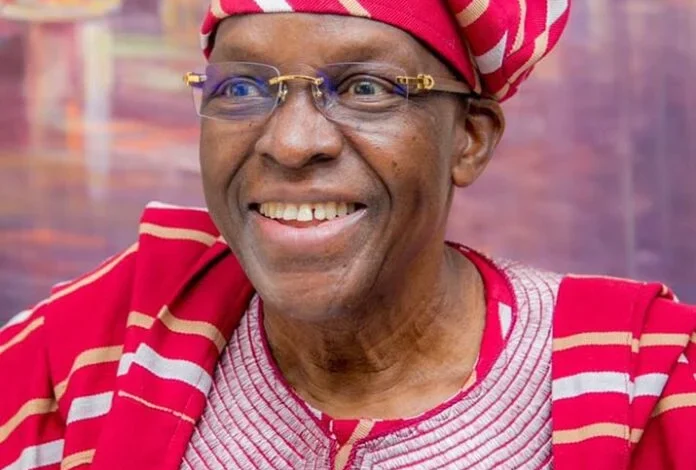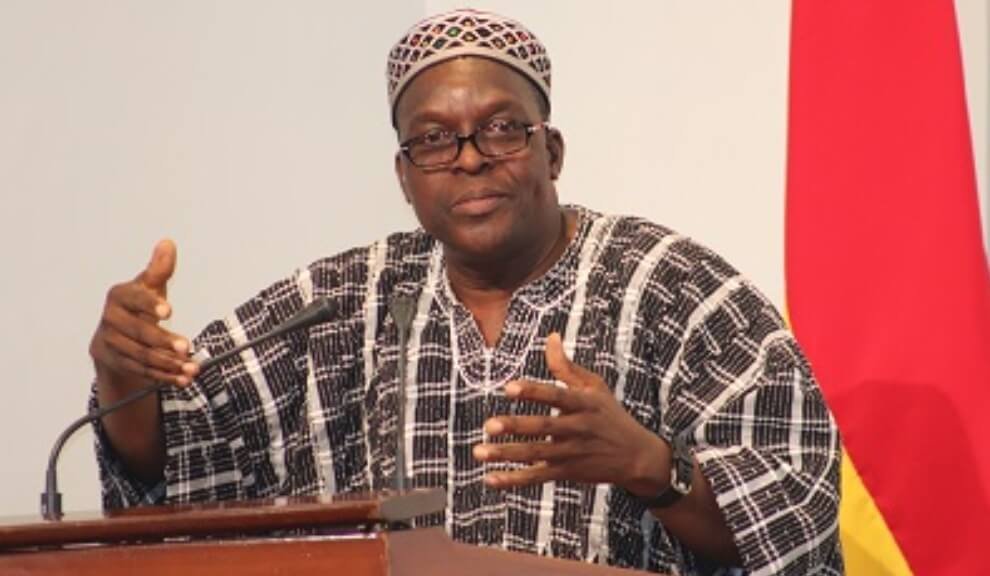
Parliament has approved a US$250 million facility for the Ghana Energy Sector Recovery Programme (ESRP) after the Majority and Minority caucuses of the House reached an agreement.
It is intended to provide funding for the ESRP to support specific activities at reducing costs of electricity purchases, increase revenue collection of revenue utilities and improve the financial management system of the Electricity Company of Ghana as well as support the National LPG Promotion Programme.
The facility is one of four items for which lawmakers were recalled for a two-day extraordinary meeting in Accra.

The ESRP is designed into two parts – Programme for Results for US$150 million and Investment Project Financing, US$100 million, to reduce power systems cost, improve the operational performance of the ECG, and reduce distribution loss amongst others.
The approval of the facility was earlier rejected on July 30 after unsatisfactory explanation on a US$90 million of the amount earmarked for consultancy.
When the motion of rescission was moved on Tuesday to approve the facility, the Minority stood its grounds and demanded a breakdown of what the consultancy fee consists of, prompting a directive by the Speaker for further consultations.
However, when the motion was moved yesterday for the approval of the facility after a satisfactory clarification had been provided to members on the finance committee, the House unanimously approved the amount.
Moving the motion, the Deputy Majority Whip, Habib Iddrisu, said further and better particulars had been provided the Committee by the Ministry of Finance.
“Mr Speaker, the Committee met and we deliberated on the issues based on the referral and we have a consensus agreement after the further deliberation,” Mr Iddrisu, MP, Tolon, told the House.
Seconding the motion, the Ranking Member on the Finance Committee and MP for Bolgatanga Central, Isaac Adongo said the committee met and the ministry explained that the original agreement that was brought to the House did not contain US$90 million for consultancy.
The Ministry, Mr Adongo further explained that by the nature of the design of the project, there wasn’t project management as a component and as a result, some of those expenditures were captured as goods and services which was lumped with the supply of prepaid meters and was wrongly misunderstood as constituting US$90 million for consultancy,”
“We have since been provided with the information and explanation had been offered and on the basis of that we support the motion,” Isaac Adongo stated.
Asawase MP, Mohammed-Mubarak Muntaka, who raised the red flag when the facility was first brought to the House said he had been provided with the detailed breakdown of how the US$90 million got lumped up.
“Mr Speaker, I’m hoping and praying that the breakdown that has been provided would be used as a guide and be part of what we are approving so that it does not become (explanation on paper) to warrant approval only to go back and do something different.
“With that, Mr Speaker, I’m convinced that not all the US$90 will be used for consultancy but the amount of US$10 million earmarked for consultancy is still on the high,” he submitted.
The Majority Leader and MP for Effutu, Alexander Afenyo-Markin, applauded the collaboration with which the members on the Committee worked to reach a compromise.
The House, meanwhile, rejected 25 tax exemptions totalling US$350 million programmed for one district one factory companies.
BY JULIUS YAO PETETSI







